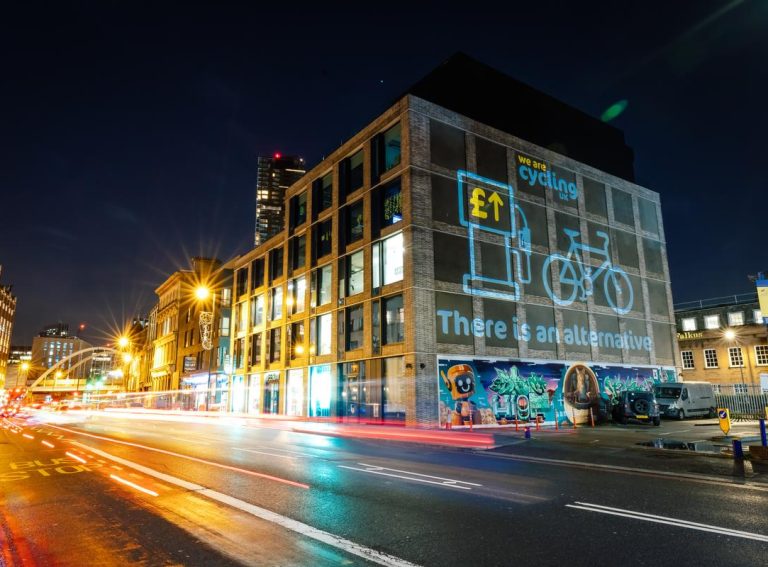Micromobility operator Lime is partnering with WWF on a series of initiatives designed to make cities more liveable and to delete its own carbon footprint.
The Ride Green programme will start in 15 countries across five continents and spans education, advocating for low-carbon and no-carbon transport options, and carbon reduction activities. It underlines Lime’s commitment to be carbon neutral by 2025.
“As cities build back post Covid-19, we need to rethink transport alternatives, tackling air pollution, carbon emissions and congestion, working with policymakers to move from car-centric urban design to more human-centred, low-carbon and active transportation, like walking, cycling and shared micromobility,” said Jennifer Lenhart, global lead for cities at WWF, in an official statement. “For this, WWF is excited to work with Lime to promote streets for people and healthier, pollution free cities.
So what exactly does this all mean? For one, Lime is stepping up its efforts to green itself and its supply chain. This includes a new scooter design that features lower embodied carbon, more recycled content, longer lifespan, and a more modular design. Lime is also planning ways to make use of its used batteries.
“The world needs urgent action on climate pollution,” said Carol Browner, a former EPA administrator (under President Clinton) and director of climate policy for the Obama administration. “This partnership between Lime and WWF will help provide just that. By pairing Lime’s commitments to extensive carbon reductions throughout its business and supply chain with broader local engagement with WWF on micromobility’s impact, this partnership has the opportunity to demonstrate just how transformational new mobility options can be for cities and reducing carbon.”
Our take
Splashy headline, sure. But does it matter?
In a word, yes. The shared e-scooter concept is still a very new one, only stretching back around four years. That’s seconds in comparison to the history of the car industry. And just look at the difference: micromobility companies are aggressively targeting their own embodied and operating carbon emissions and addressing the bigger picture of how to help people make more sustainable travel choices.
The world is hurtling towards extinction through the climate crisis. Change is happening too slowly and cities remain wedded to cars. The more visibility and influence that micromobility companies can wield through partnerships like that of Lime and WWF, the better for all of us.




